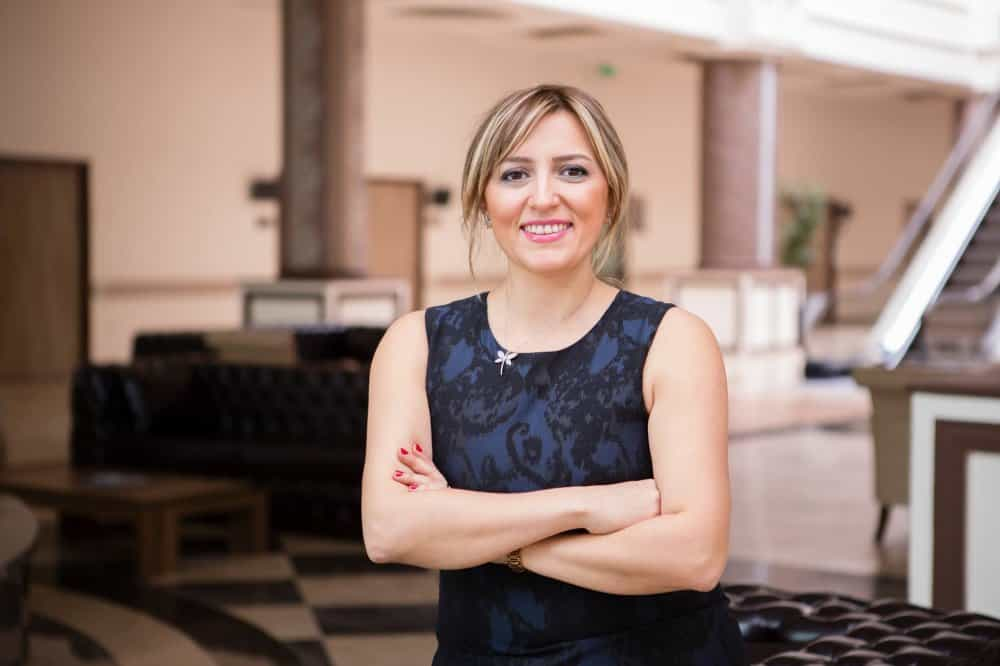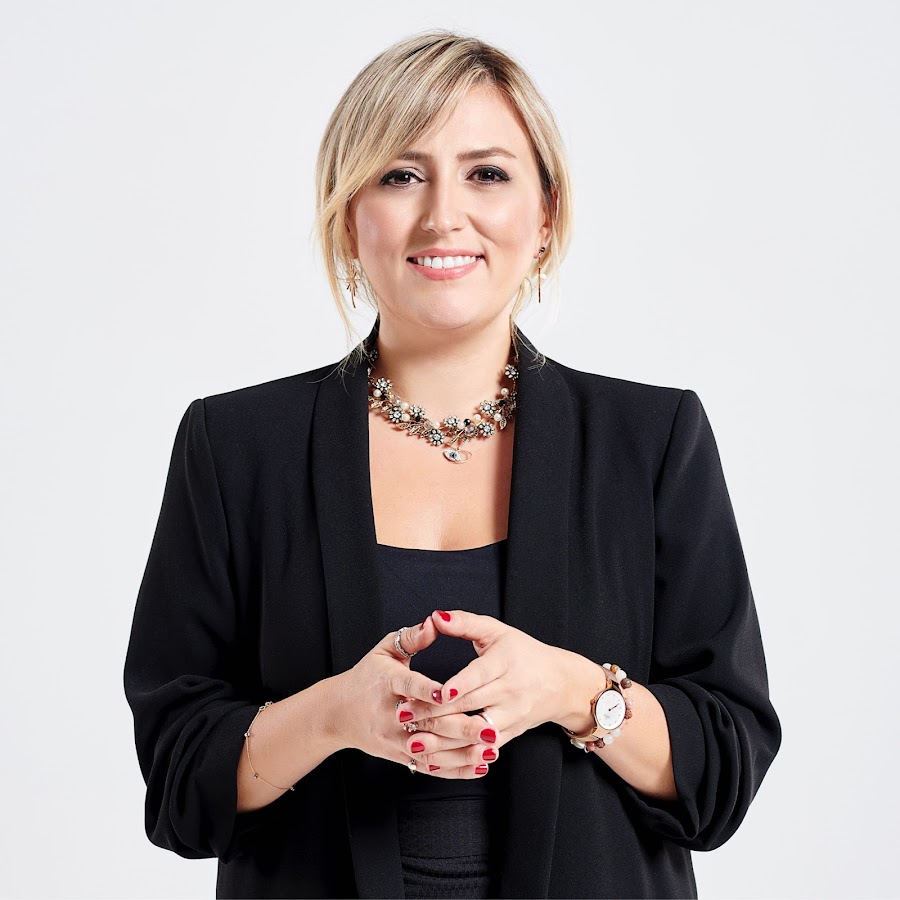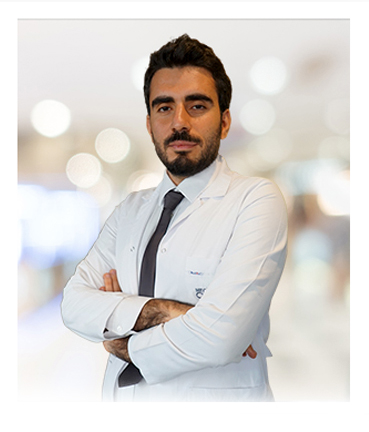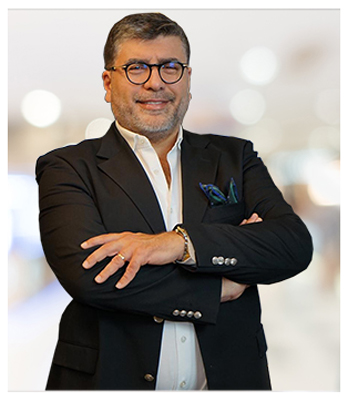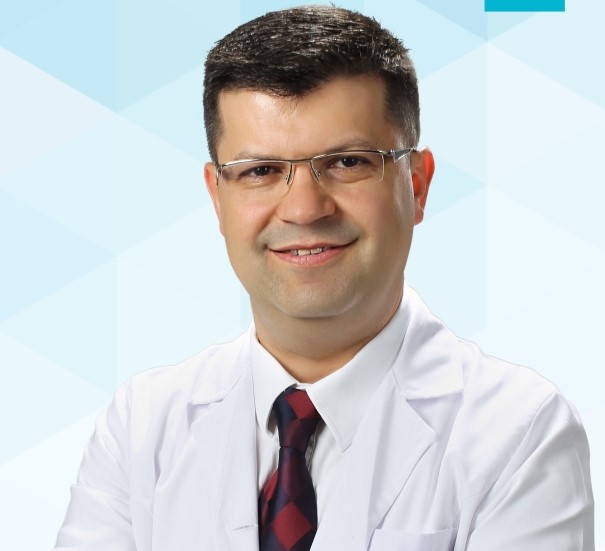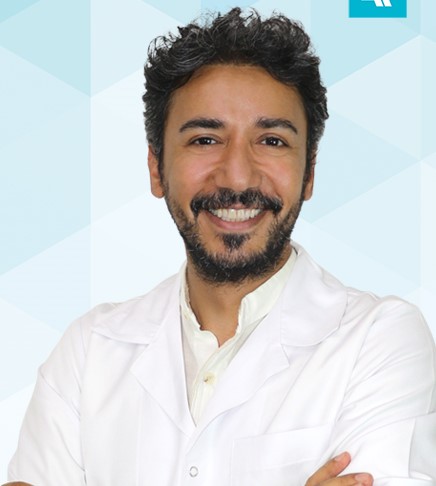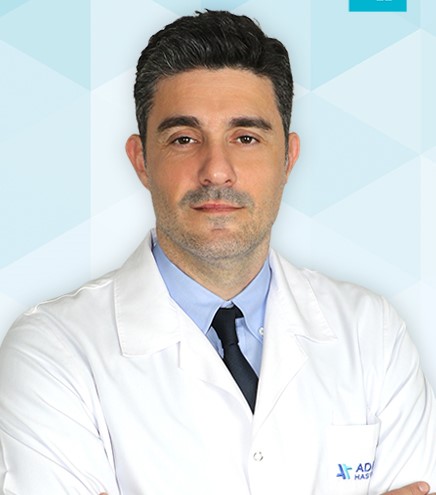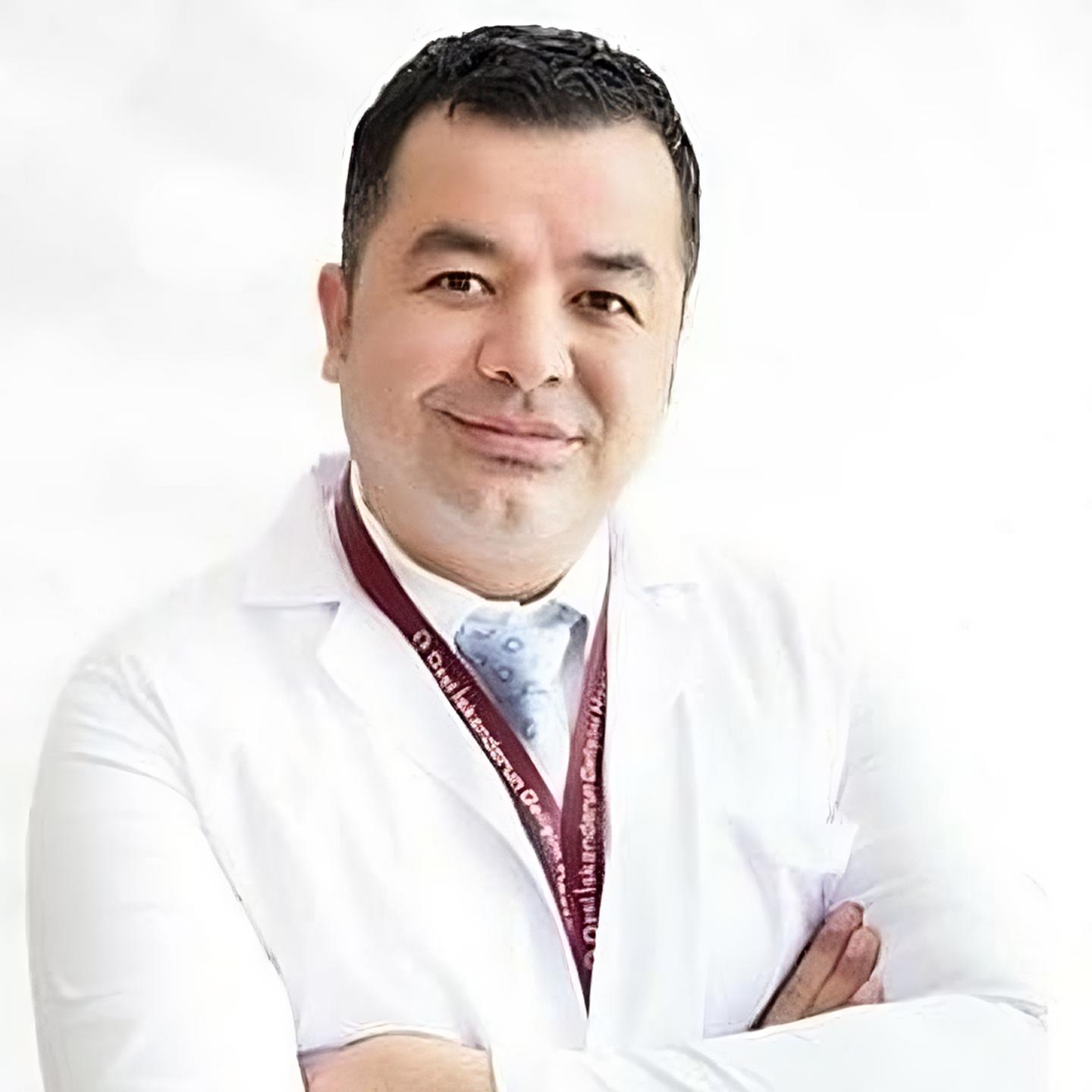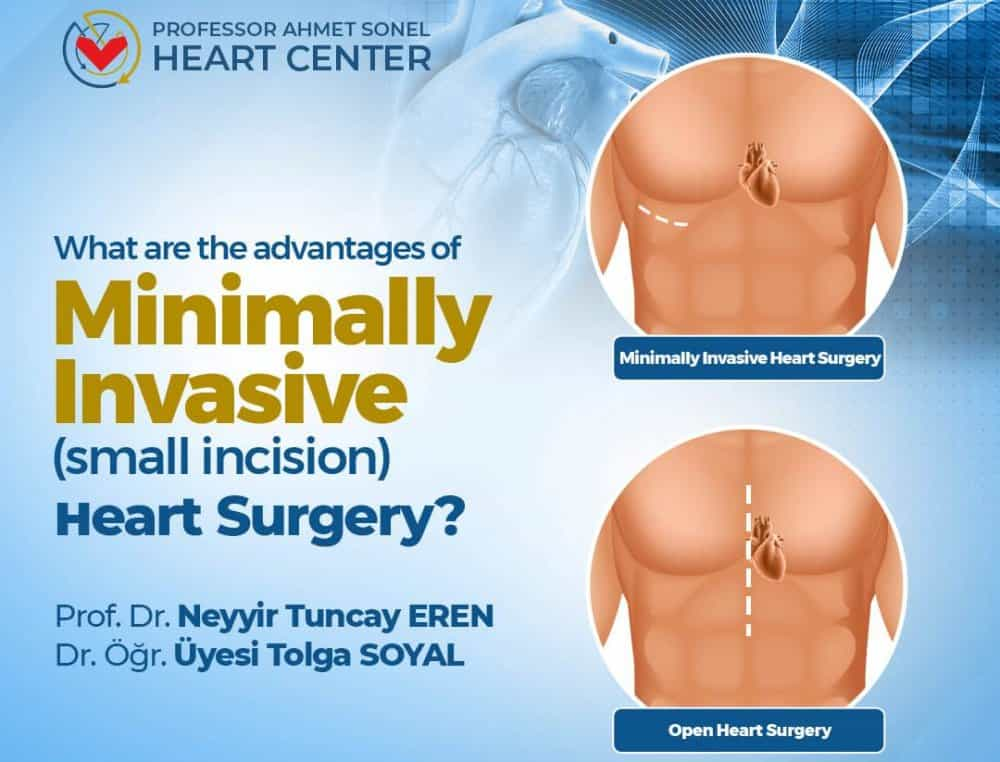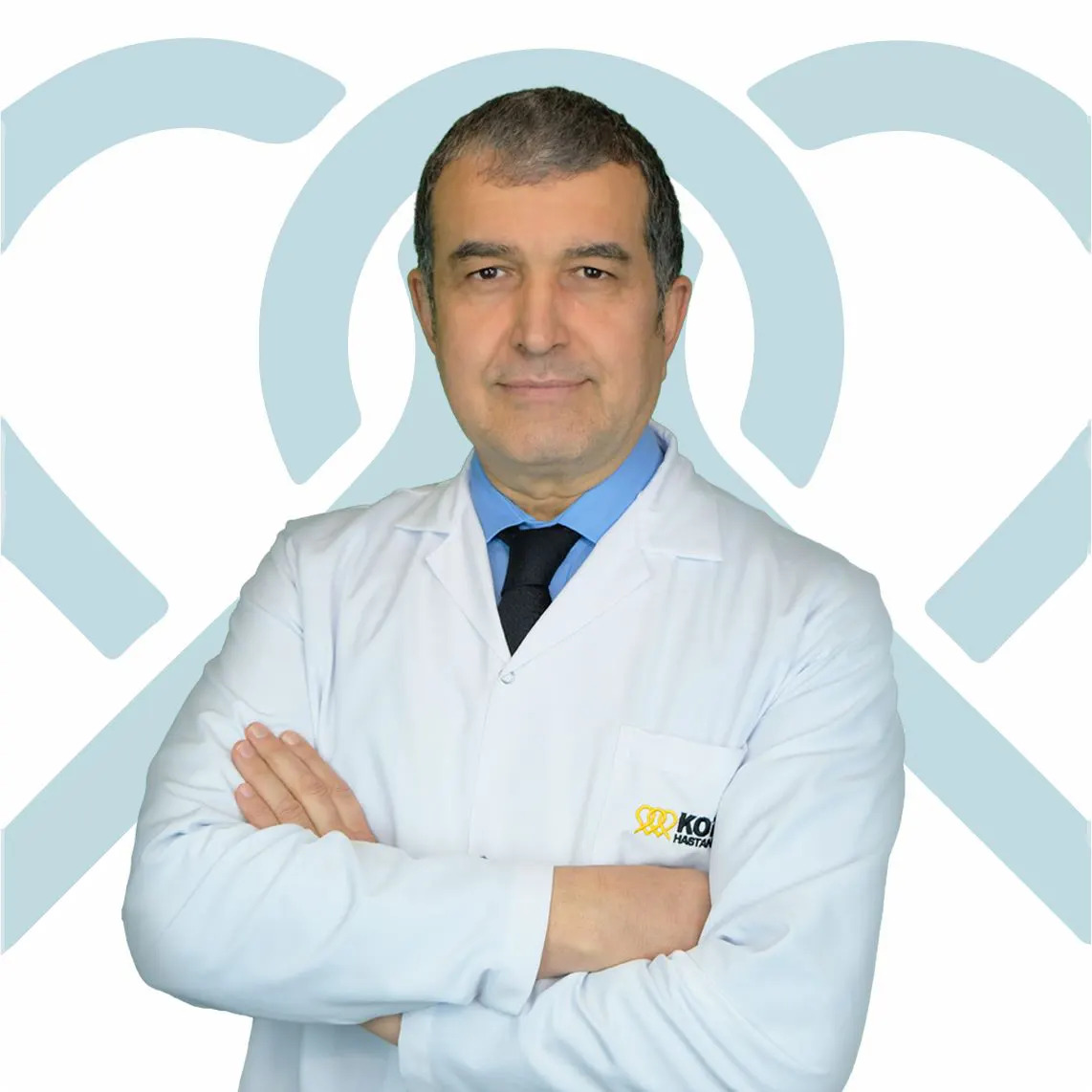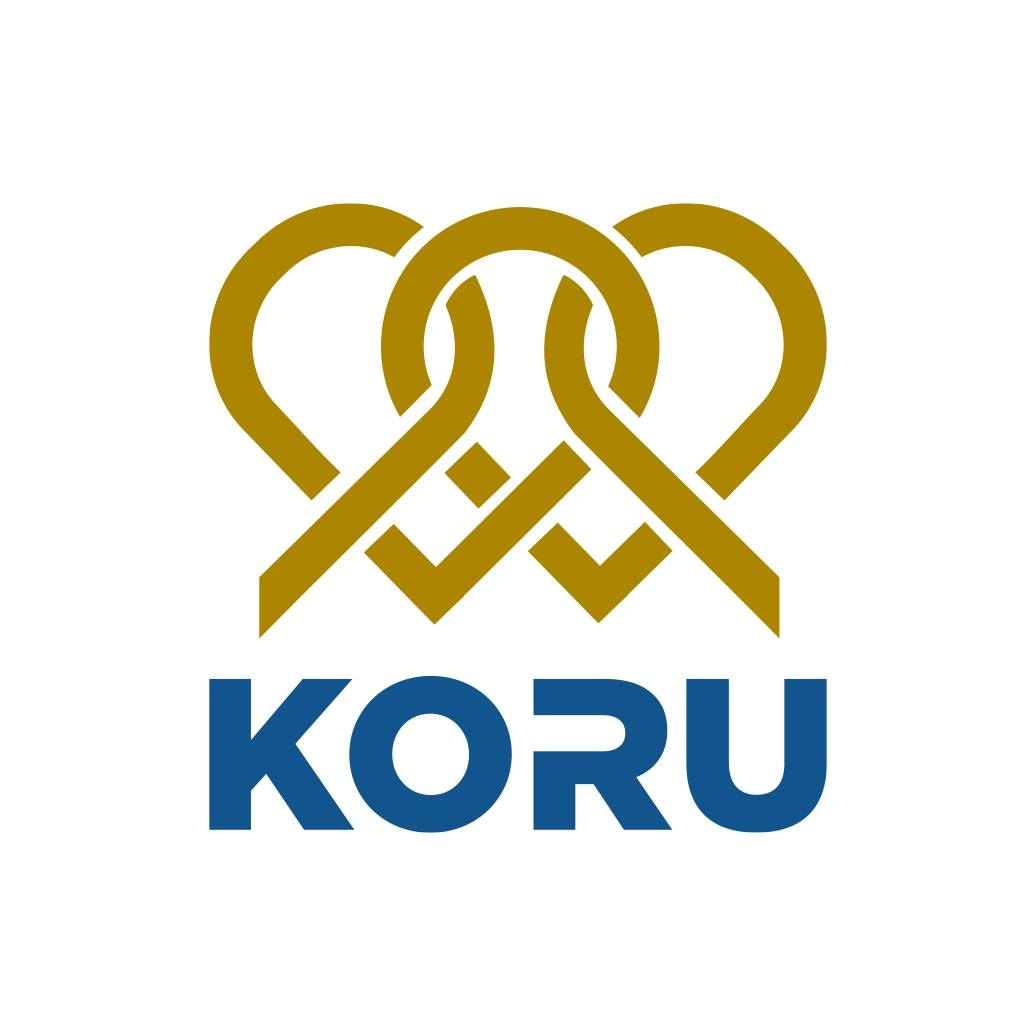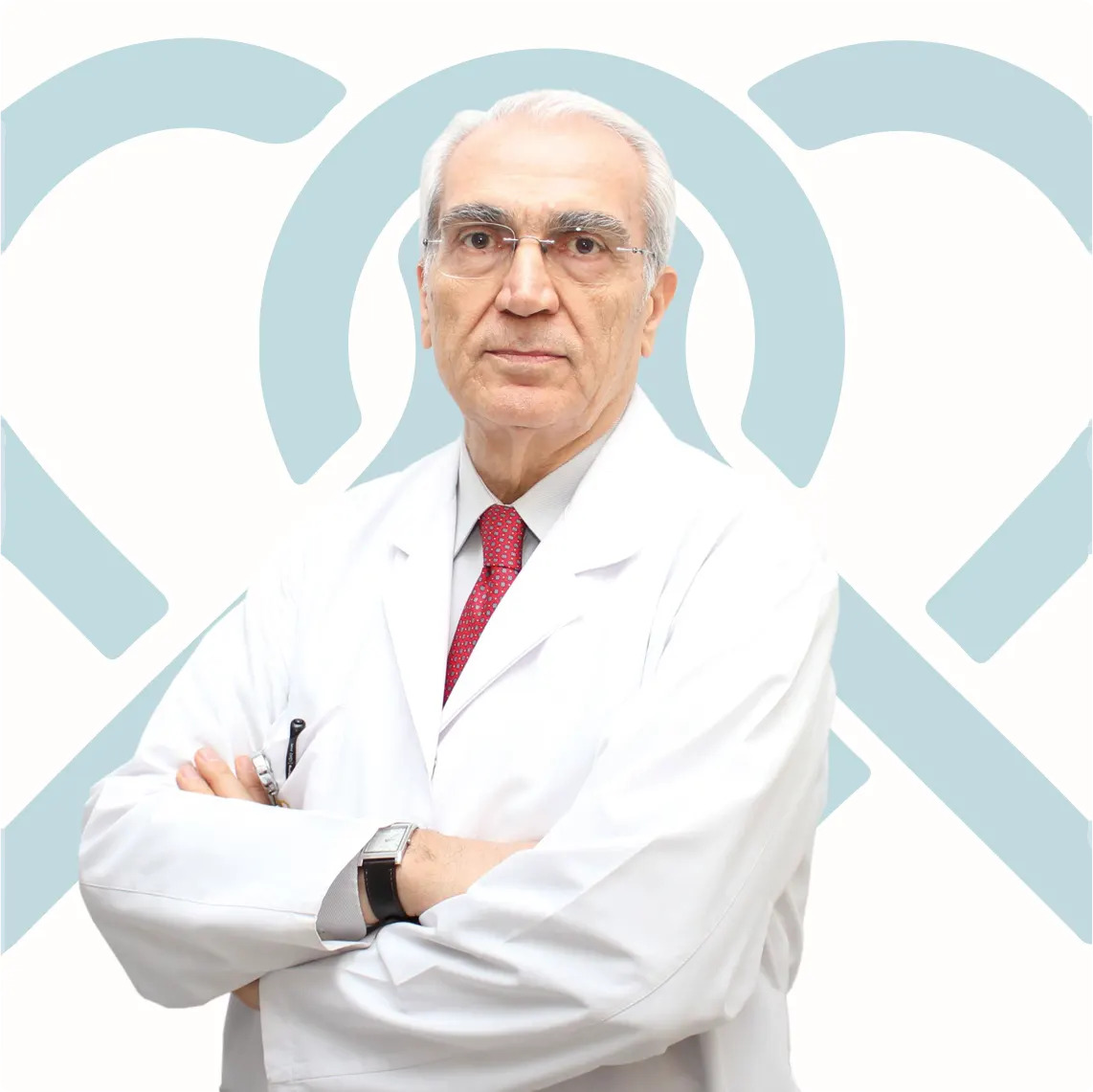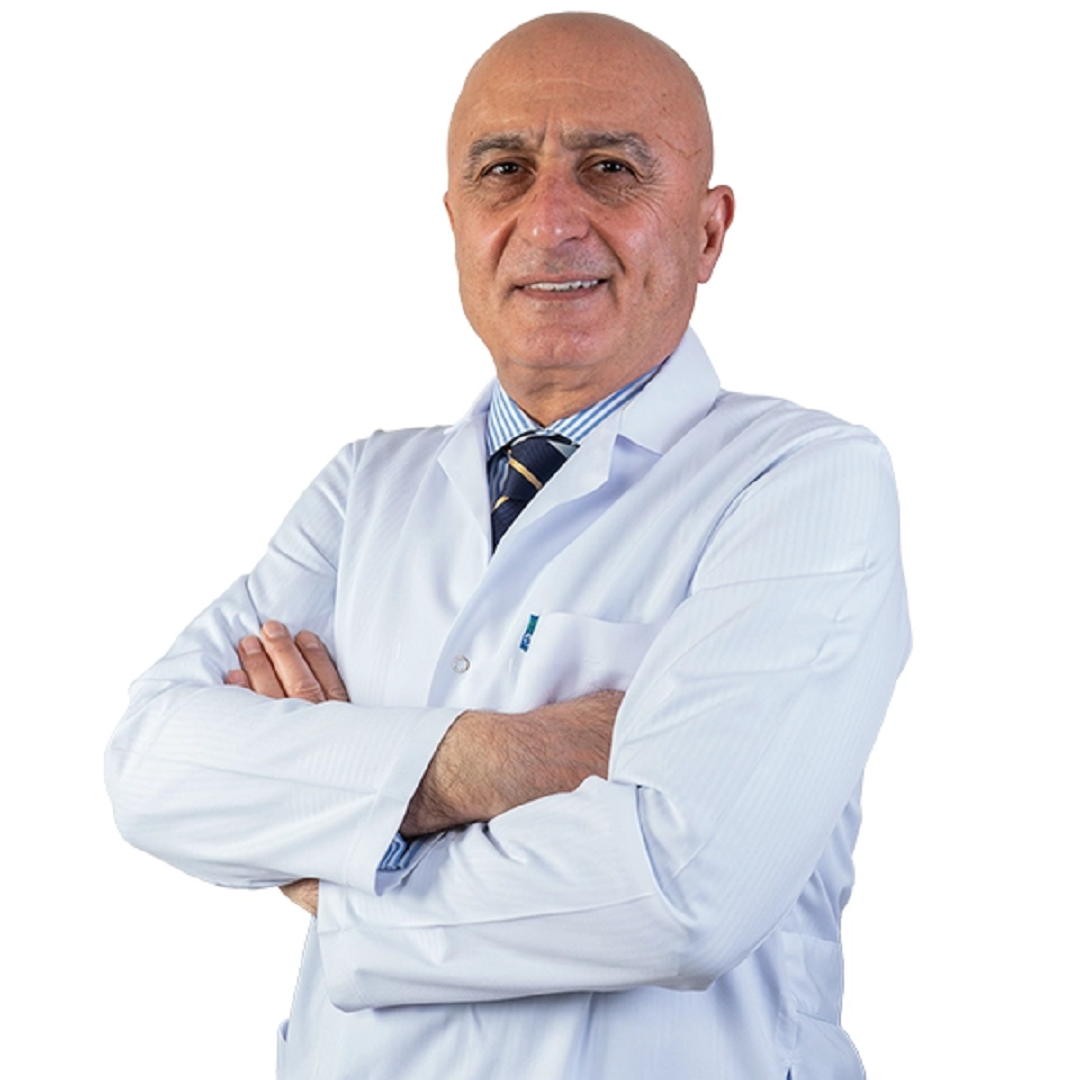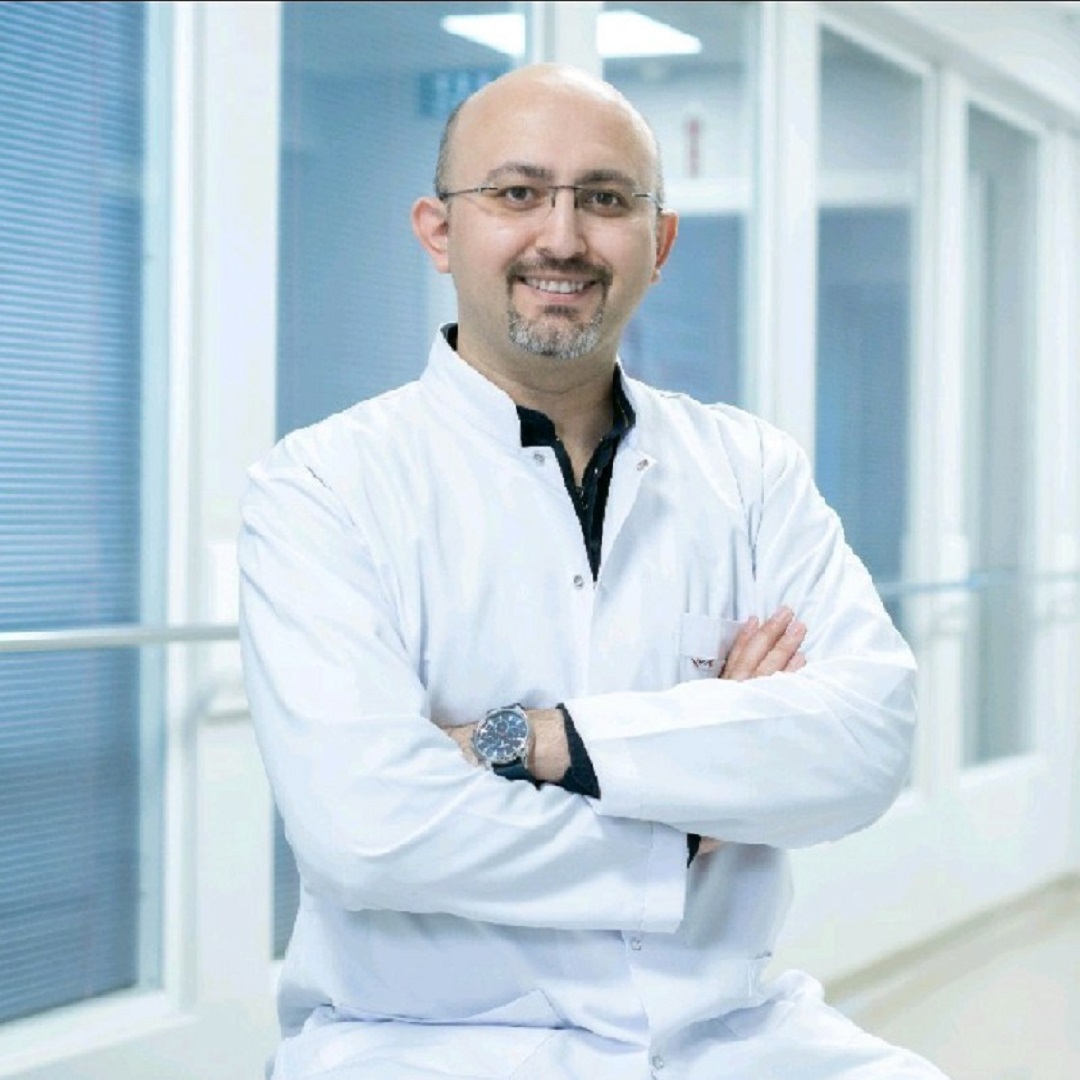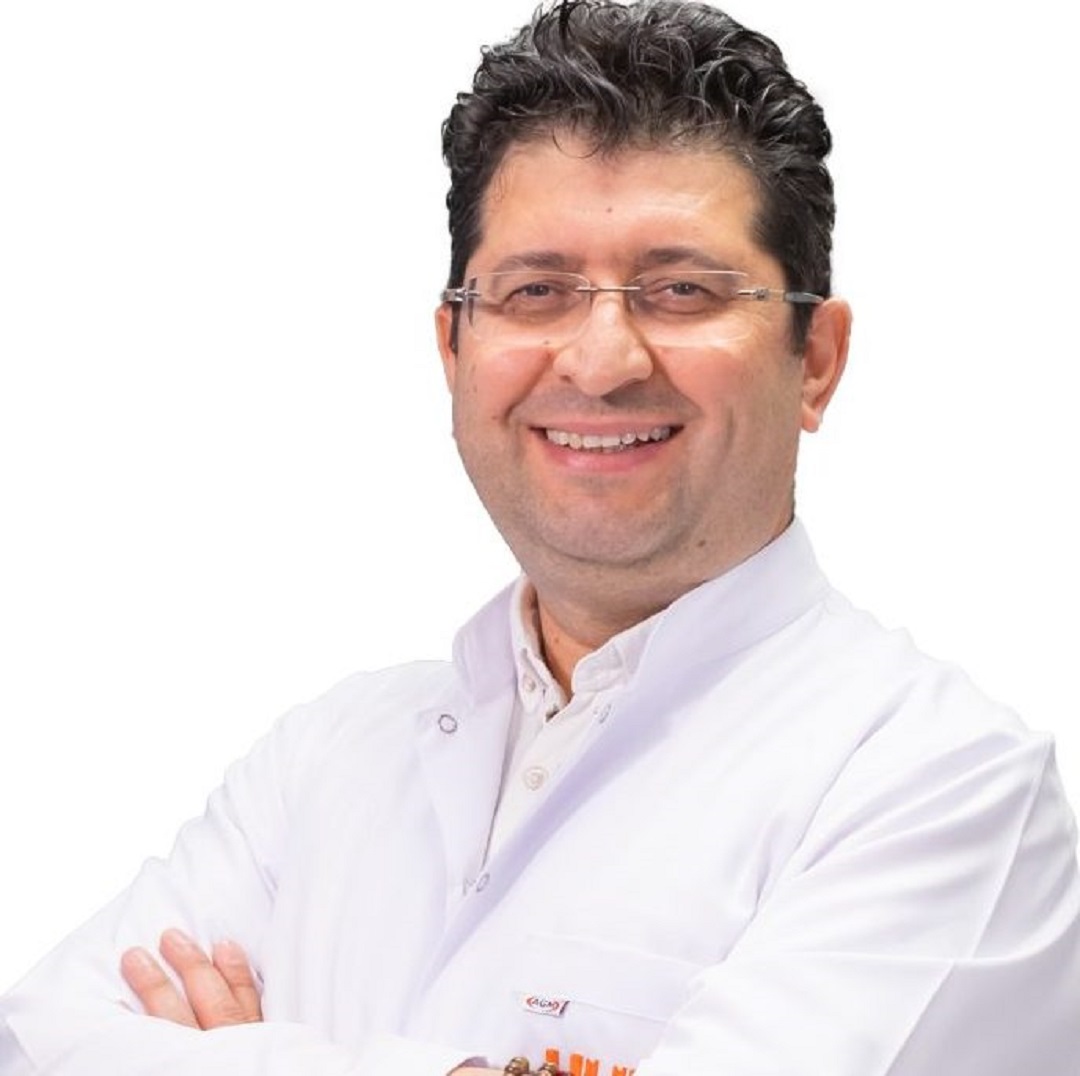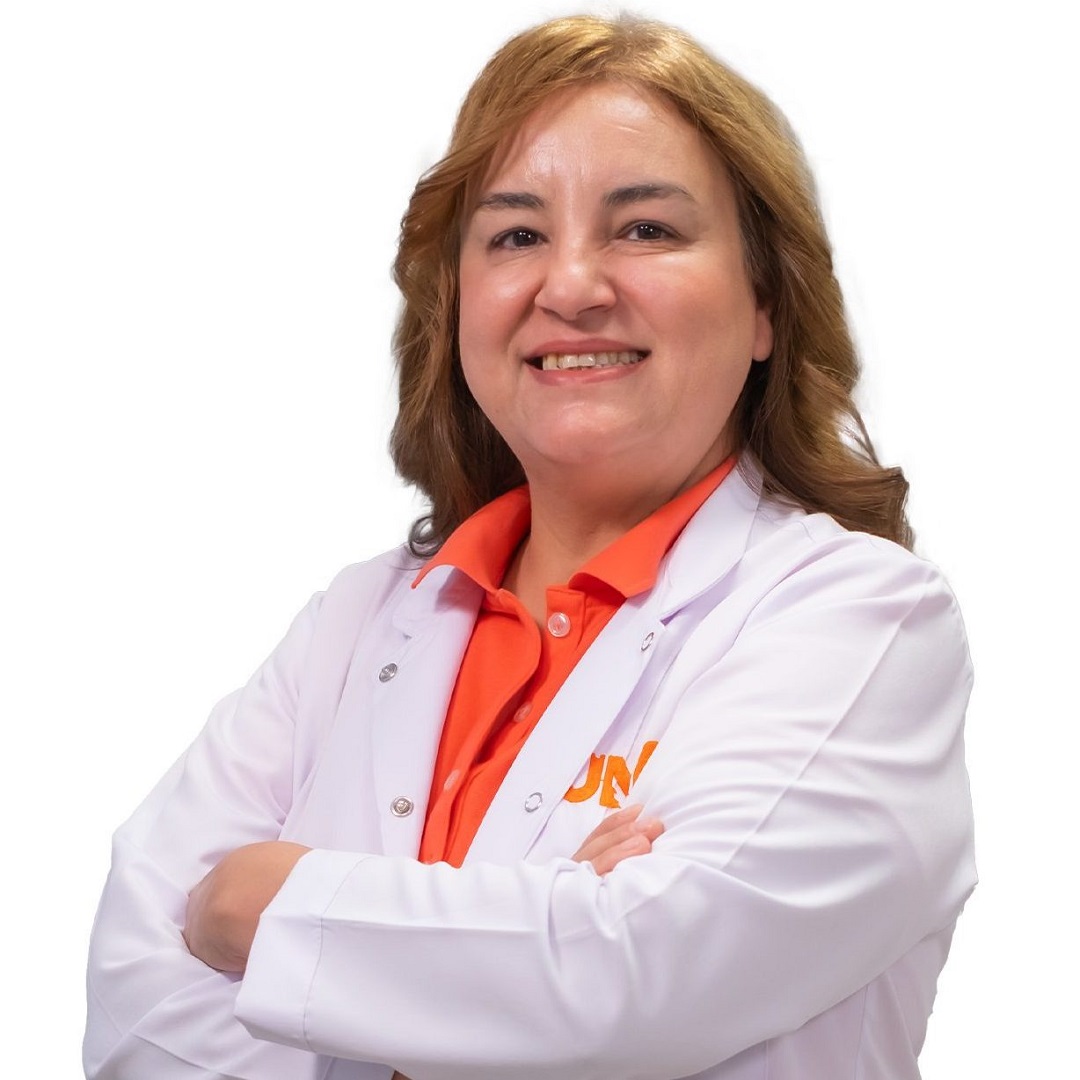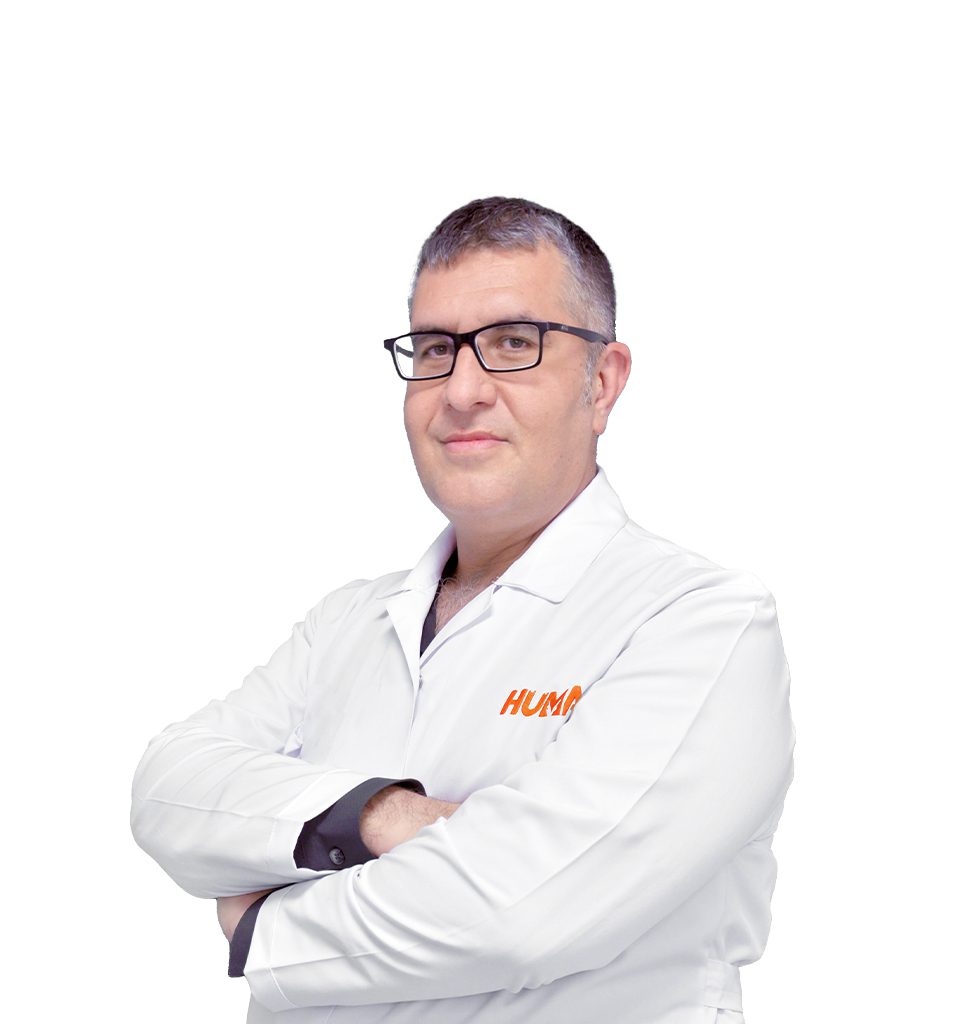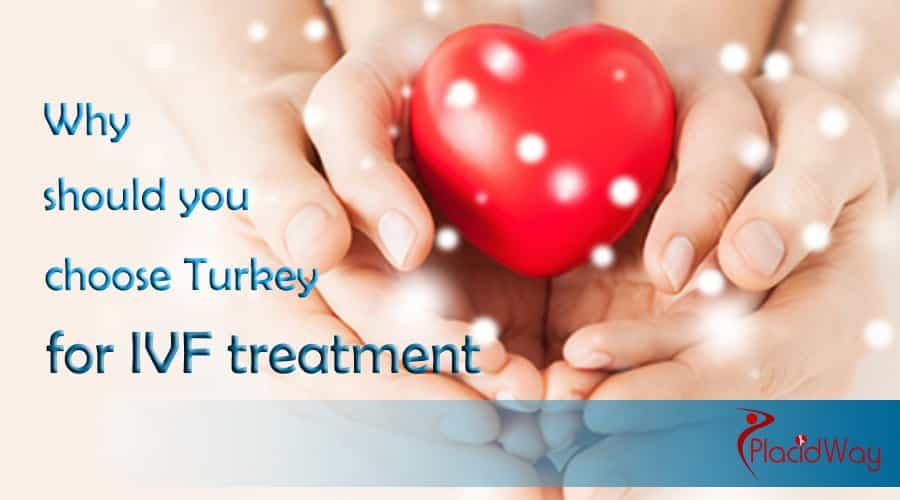
Why are Western Europeans choosing Turkey for IVF treatment
The journey through infertility is an emotional rollercoaster. Learning what fertility treatments are available and their costs makes the path to parenthood multifaceted. The anxiety of dealing with infertility can challenge both parteners and their relationship, so couples may want to receive counseling and support throughout the process. IVF (In Vitro Fertilization), which was first performed successfully in 1978, is the most effective infertility treatment available today. For those who are seeking IVF or other methods of assisted reproductive technology infertility treatment abroad, Turkey has become one of the leading medical tourism destinations.
What is IVF?
In IVF, hormonal medications are administered to women to cause their ovaries to produce an increased number of mature eggs suitable for fertilization, which are then collected from the ovaries and cultured with her partner’s sperm to achieve fertilization. Then the resulting embryos are transferred to the uterus for implantation; the more embryos are replaced, the greater the chances of a pregnancy through IVF. Also, if more embryos are replaced the chances of a multiple birth are increased, since each embryo has a chance of developing to full term.
To prevent multiple births, the single greatest risk to health in IVF, in UK there are restrictions on the number of embryos that can be transferred in IVF to a maximum of two for women under the age of 40 and a maximum of three for women aged 40 or over who are using their own eggs (for donated eggs the maximum is two). In India, however, six or seven embryos can be replaced at one cycle, hence increasing the chances of pregnancy but also increasing the risks.
The risk of multiple births in IVF is linked to the woman’s maternal age. Young women have more chances to get pregnant with less embryos and the risk of having multiples is lower. While the ultimate goal of IVF treatment is having a healthy baby, the chance of getting pregnant and the decision on the number of embryos transferred and techniques used is best evaluated and discussed with your doctor.
IVF treatment allows couples to screen embryos for genetic disorders prior to becoming pregnant. Pre-implantation genetic diagnosis allows fertility clinics to screen embryos for abnormalities and implant healthy embryos into the uterus.
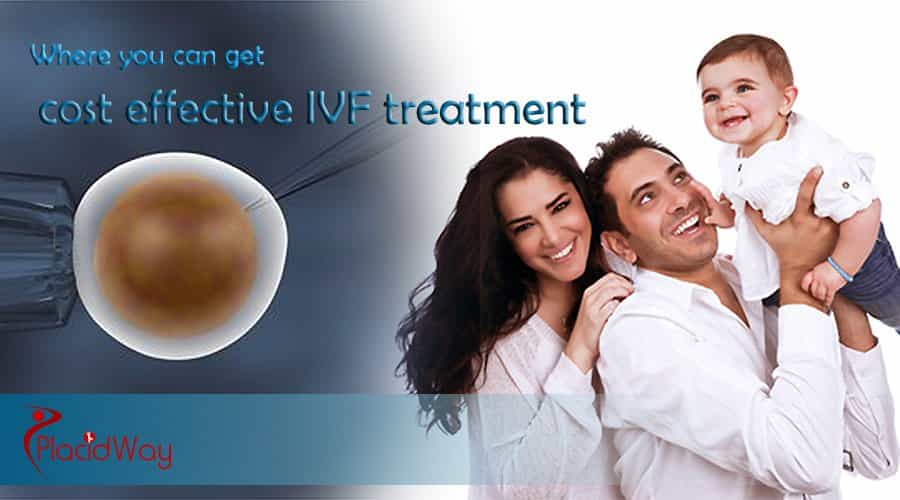
What makes up the IVF cost and where you can get cost effective IVF treatment
Bulgaria, Turkey, Greece, Israel and Czech Republic have the advantage of offering highly trained fertility specialists with low labour costs. On average 70% of the cost of a treatment is labour and labour costs in these countries are lower than Western Europe.
During any particular cycle the costs of an IVF cycle will include:
Initial consultation (6% to 10% of the basic IVF treatment cost).
Standard IVF Treatment (varies by country) - usually includes doctor’s fees for egg collection and embryo transfer, embryologist’s fees for intro fertilisation, anaesthetics, ultrasound scans.
Intracytoplasmic sperm injection (28% to 40% of the basic IVF treatment cost) - creation of embryos by direct injection of sperm into egg (procedure used for male infertility but increasingly common in standard IVF).
Hormonal drugs (20% to 80% of the basic IVF treatment cost) - precise cost depends on which drugs are prescribed for stimulating the ovaries.
Embryo freezing (sometimes included in the basic IVF cost) - some clinics charge up to 20% of the basic IVF treatment cost, plus around 10% of the basic IVF cost per year for storage and between 20% and 100% of the basic IVF treatment cost for later thawing and transfer.
Other investigations - immunological therapies (up to 50% of the basic IVF treatment cost); preimplantation genetic screening, to pick the best embryos (55% to 120% of the basic IVF treatment cost).
Regulatory fee (dependant on the country, can be 4% to 5% of the basic IVF treatment cost) - charged separately by some clinics and integrated into the general cost by others.
Go to Turkey for IVF
Turkey is now one of the top destinations for health tourists from Europe to US searching for IVF at considerably affordable costs. The costs of IVF in Turkey are between 60 to 70% less expensive than surrounding countries. Known as a gateway between Asia and Europe, Turkey has the high standard JCI (Joint Commission International) accredited hospitals and most of the doctors are U.S. and UK certified which makes it one of the best country for IVF treatment.
Fertility clinics in Turkey offer a complete range of services from initial treatments to cutting-edge advanced procedures available today including IUI, mini-IVF, and ICSI. The Turkish Accredited Hospitals Association (TAHA) keeps monitoring the compliance to the high quality standards through the JCI accredited hospitals in Turkey.
The standard of vitro fertilization in Turkey is equal to that within the western world with very budget friendly costs, and the patients don’t need to worry about communication problems when traveling to Turkey, because the doctors and medical staff are able to speak multiple languages. Also, unlike UK, Canada and US, the waiting periods for the treatment is minimized.
Fertility problems can stem from male or female factor infertility. The first step in treatment will be identifying the nature of infertility through testing by fertility specialists.
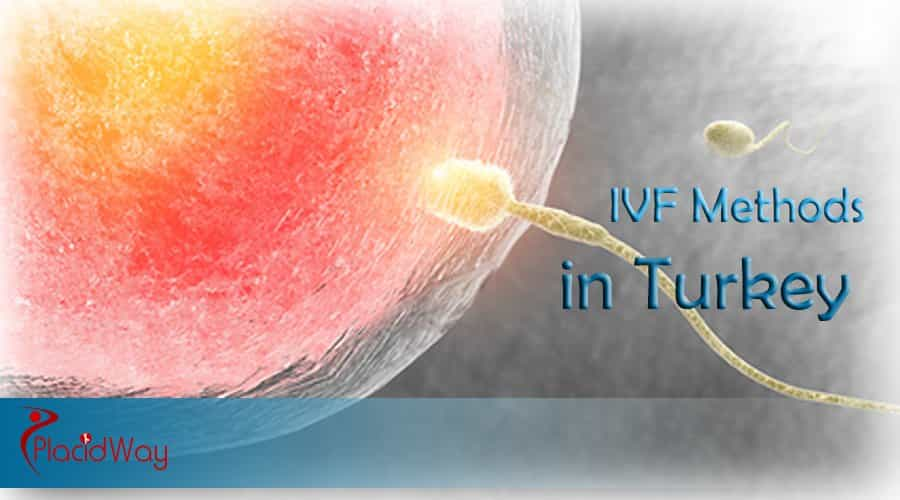
IVF Methods in Turkey
If there is a fertility problem that may cause difficulties with the conventional fertilization process, which involves the eggs and sperm being collected from the couple seeking treatment, combined and left to fertilize in a laboratory, then implanting the embryos resulting from the fertilization process, your fertility clinic may recommend you a combination of IVF with another fertility treatment method.
Problems related to male infertility can be helped with ICSI, a fertilization method that injects the sperm directly into the center of the egg, raising the success rate of fertilization. If a woman's fertility is affected by the the quality of eggs or the uterine lining, the Assisted Hatching (AH) may be recommended to help with the embryo implantation process.
Increasing the chance of successful IVF treatment, Turkish law allows the implantation of three embryos per embryo transfer, and fertility clinics in Turkey often offer patients financial help when repeating unsuccessful trials.
For more information about IVF procedure in Turkey, do not hesitate to contact us!











